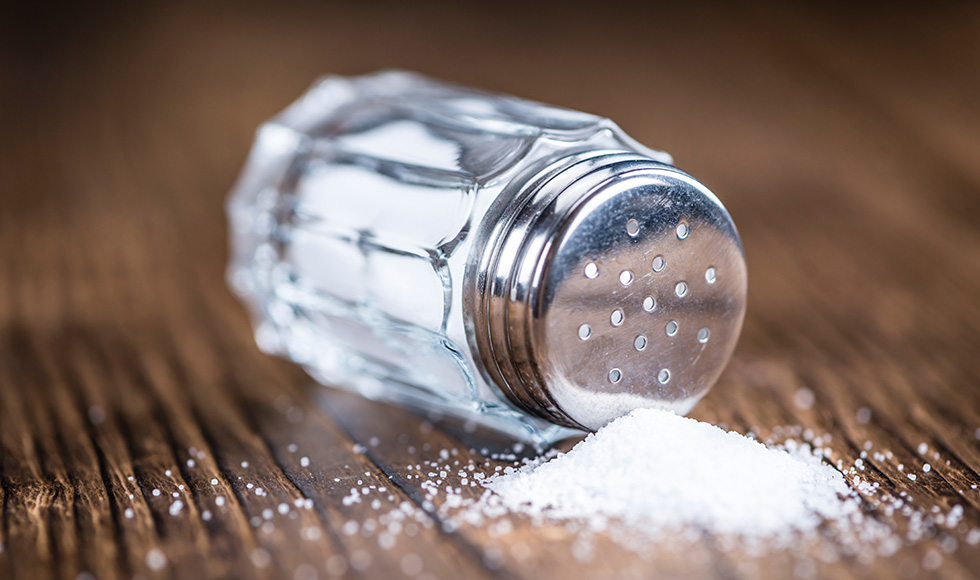High salt consumption is one of the contributing factors in developing multiple sclerosis, according to a study.
Researchers at the Yale School of Medicine found that salt can trigger the autoimmune disorder. Their findings were published Monday in the journal Nature Immunology.
Multiple sclerosis is disease of the central nervous system, which is made up of the brain, spinal cord and optic nerves. Symptoms include blurred vision, loss of balance, poor coordination, slurred speech, tremors, numbness, extreme fatigue, problems with memory and concentration, paralysis, and blindness, according to the National Multiple Sclerosis Society. Most people are diagnosed between the ages of 20 and 50 and women are more than two to three times likely as men to develop MS.
In a high-salt environment, the Yale researchers discovered the activation of the beta-catenin/Wnt signaling pathway, which also has been linked to the development of cancer tumors by disrupting regulatory T cells and triggering inflammation.
Most of sodium consumption comes in the form of salt. Americans should consume less than 2,300 milligrams of sodium per day, according to the 2015-20 Dietary Guidelines for Americans.
Past research has found that the risk of developing MS occurs by an increase in the interaction between relatively common genetic variants and environmental factors. Others factors have included vitamin D deficiency, smoking and obesity.
In 2015, Yale researchers discovered a central regulator of inflammation as a cause of many cases of multiple sclerosis as well as ulcerative colitis.
"After identifying the genes that cause MS, we are starting to generate a comprehensive roadmap of the how these genes operate together in allowing immune cells to become activated and attack the myelin," Dr. David A. Hafler, chairman of Yale's Department of Neurology, said at the time in a press release.
Hafler, a professor of neurology and immunobiology, was among the researchers involved in the salt study.
Earlier in 2015, a consortium of researchers identified genetic variants that play a role in onset of 21 different autoimmune diseases with 97 variants associated with multiple sclerosis.
By Allen Cone
Fuente: www.upi.com
